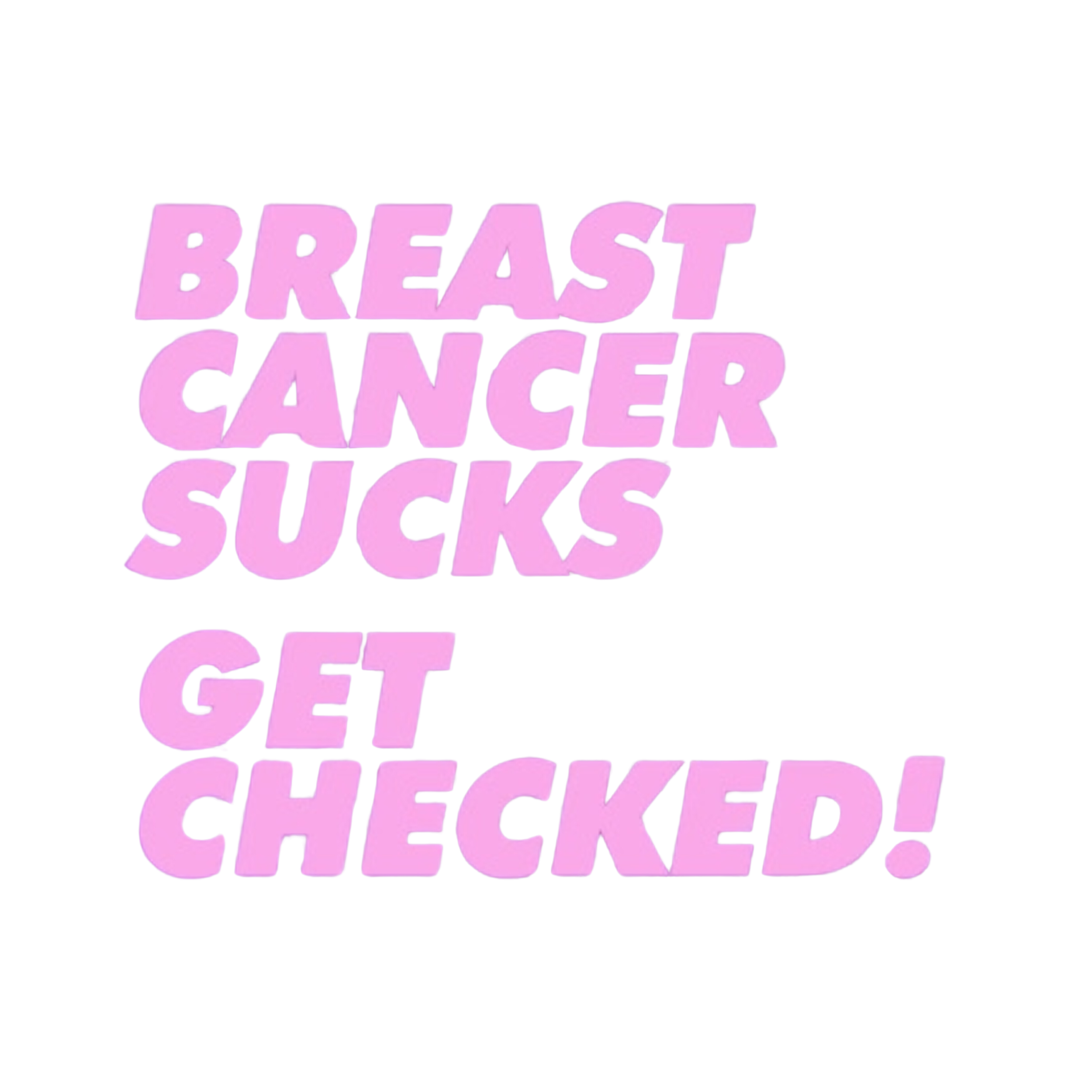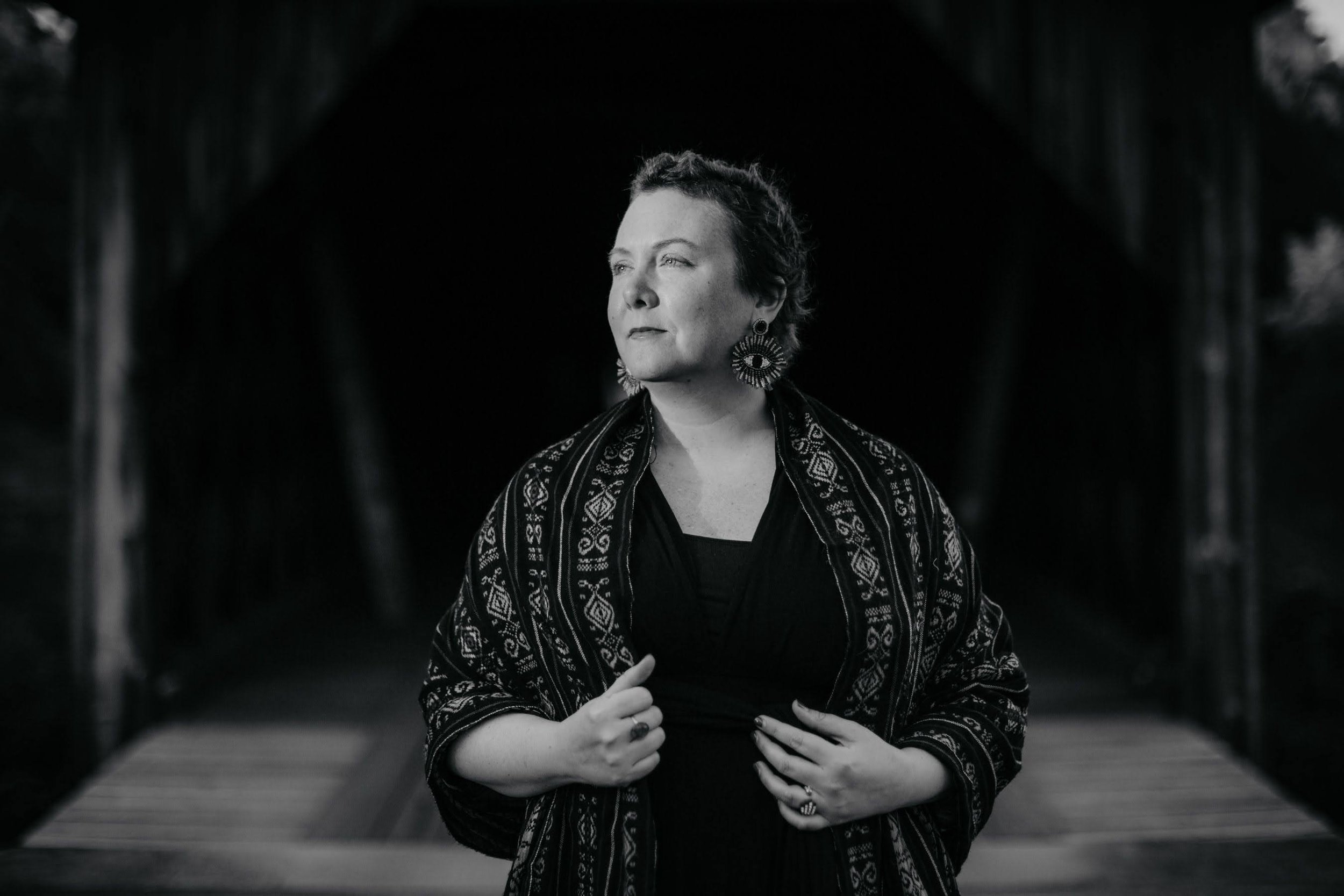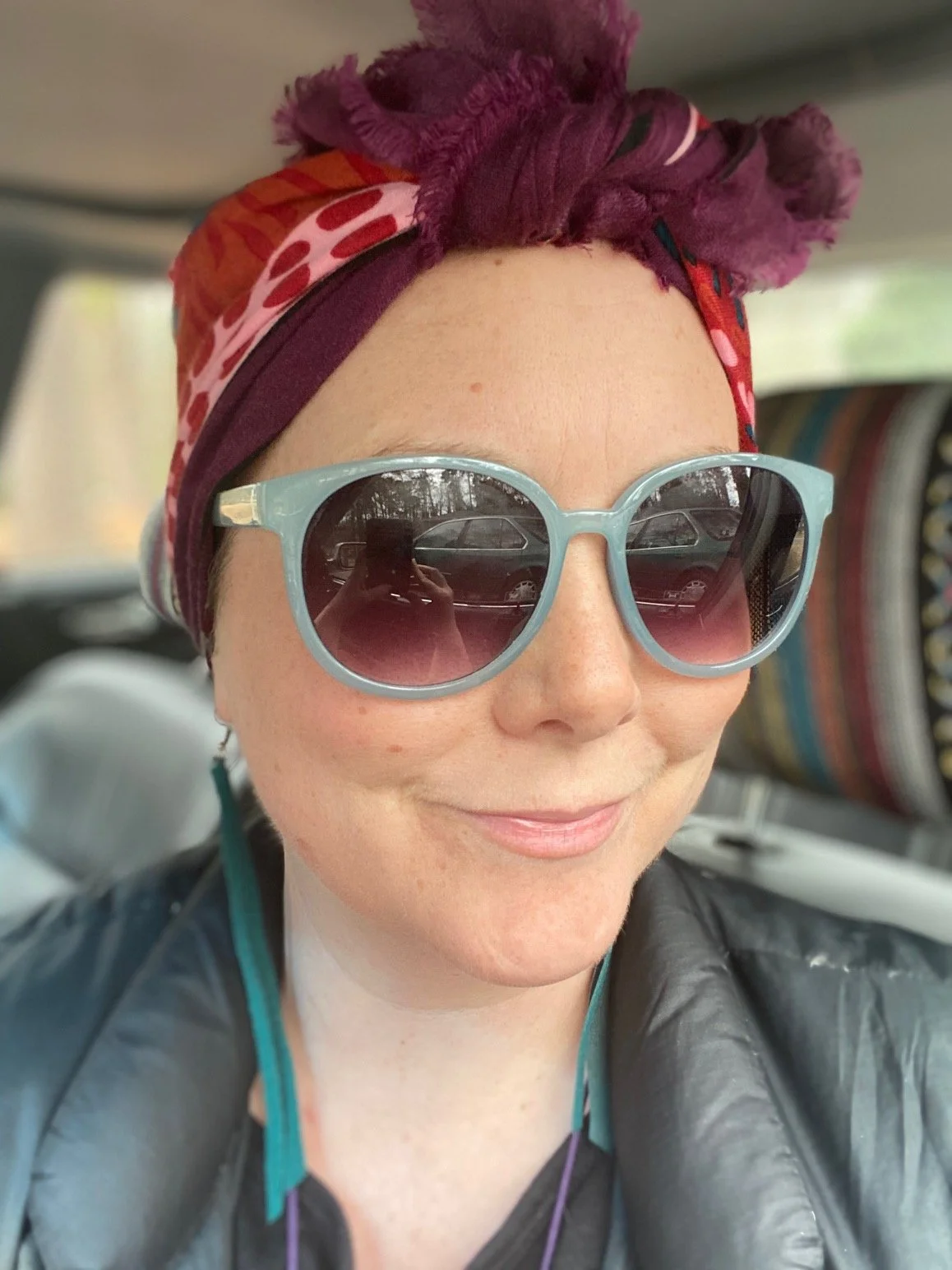
Meet Our Kelli Girl.
Kelli Alison McConnell lost her two year long battle to Triple-Negative Breast Cancer at 39 years old. Our family seeks to honor her life by educating young women and families about the importance of early detection.
This is Kelli’s story. Our Story.
On Christmas Eve 2019, Kelli was diagnosed with Triple Negative Breast Cancer (TNBC). She had been a healthy, thriving, young woman who always put her physical and mental health first. However, that spring she became aware of something not feeling right in her right breast and when she went to see her doctor in May of 2019, she was told it was dense tissue and insurance wouldn’t cover a mammogram. She left feeling relieved and had a summer full of travel, taking care of her dogs, coordinating a Hogwarts Camp at the Unitarian church where she worked, and many other adventures. But something still didn’t feel right. She decided to get another opinion and with that came screenings, testing, biopsies and a diagnoses that was gut-wrenching. The tumor had grown to be the size of a grapefruit. 7 months. That’s all the time it took to develop into stage 3c -triple negative breast cancer. After two years of chemotherapies, surgeries, radiation, immunotherapies, clinical-trials, and a mix of holistic treatments, we were hopeful. She had done the work. But the cancer was just too powerful. That is how we found ourselves here, without this beautiful, radiant, spunky being, but with her story and her message ringing in our ears: Advocate for yourself. If you don’t feel like something is right, keep checking. Do not let anyone dismiss you. Keep seeking until you know you are heard and getting the answers you deserve. Do the work.
The mission of Kelli’s Light and Legacy mission is to help young women become aware of this life threatening illness, because that is who TNBC afflicts most. We also want to help educate and give a voice to women who may not feel heard in the doctor’s office. If you feel something isn’t right, keep checking. We know our healthcare system does a lot of wonderful things for patients, but there are many instances of things missed or dismissed because of age and background. Advocate for yourself.
Understanding Triple Negative Breast Cancer.
Knowledge is POWER.
In order to understand what triple-negative breast cancer means, it's important to know breast cancer basics. To find out which type of breast cancer someone has, doctors search for the presence or absence of specific receptors (proteins on the surface of a cell that bind to chemical messengers in the body causing the cell to react). There are three types of receptors that they look for: estrogen receptor (ER), progesterone receptor (PR) and human epidermal growth factor receptor 2 (HER2).
In ER-positive breast cancer, PR-positive breast cancer and HER2-positive breast cancer, treatment includes medicines that slow or stop cancer growth by targeting these receptors. But with triple-negative breast cancers (TNBC), there are different types of treatments needed because these common receptor targets are not present in the tumor. Unfortunately, the treatments that are available are often less effective than those developed for the three known receptors types of breast cancer. This makes early detection even more critical in TNBC.
TNBC is more common in younger women (Kelli was diagnosed at age 37), and women of African American, Hispanic, and Indian descent. It is also more common in women who have inherited a genetic alteration such as a BRCA 1 mutation. TNBC is more aggressive than other types of breast cancer, meaning it grows and spreads faster. It is also more difficult to treat.
Things to be aware of while doing a personal breast exam and to speak to your doctor about:
A lump or thickening in the breast or armpit
Changes in the the breast size, shape, or feel
Skin changes in the breast, such as puckering, dimpling, a rash or redness
Changes in the position of the nipple
Swollen lymph nodes
Always advocate.
Your BODY.
Your VOICE.
Triple-negative breast cancer (TNBC) is a type of breast cancer that doesn’t have three things that are often found in other breast cancers: estrogen receptors, progesterone receptors, and an excess of a protein called HER2. These three things usually help cancer cells grow, and when they are present, doctors can target them with specific treatments.
Since triple-negative breast cancer lacks these targets, it’s harder to treat with hormone therapies or drugs that work against HER2. Instead, treatment usually involves chemotherapy, surgery, and sometimes radiation. TNBC tends to be more aggressive and can grow or spread more quickly, but the right treatment can still be very effective.







